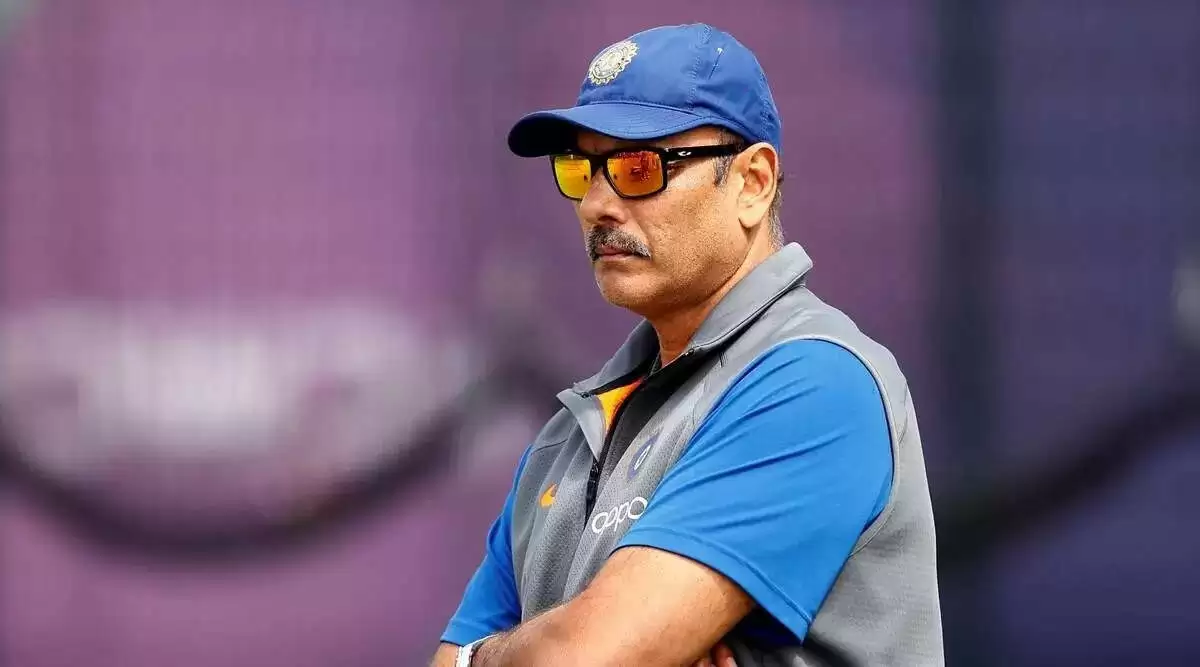
Dinesh Karthik revealed the key traits of former India head coach Ravi Shastri during his tenure, stating that he had very little tolerance for failure.

Ravi Shastri, a resourceful all-rounder for India during the Eighties and Nineties and a celebrated commentator thereafter, donned the head-coach hat with the Indian team with great success, before calling it quits after the completion of the T20 World Cup 2021 in the UAE last year.
The highs of Shastri’s coaching stint – with Virat Kohli as the captain – came largely in Test cricket, with the team winning Test series in Australia twice – in 2018/19 and 2020/21 respectively – while also making it to the inaugural World Test Championship final. They led 2-1 after the first four Tests in England last year, which ensured that they returned undefeated from the country for the first time since 2007.
Shastri was at the helm of the setup that saw India’s fast-bowling depth evolve, and the emergence of Rishabh Pant, the match-winner, among others.
Dinesh Karthik, who was part of the setup that finished semi-finalists at the 2019 World Cup in England and numerous other white-ball assignments during Shastri’s tenure, revealed that the former head coach had little tolerance for failures, and how he pushed them to perform to the best of their abilities.
“He had a very low tolerance for somebody who wouldn’t bat at a certain pace he did not like or someone who was doing very differently in the nets and in the match, he would go and bat differently,” Karthik said on Cricbuzz docuseries ‘Summer Stalemate’.
“He would not be very appreciative of that. Shastri knew exactly what he wanted from the team, the way in which it was played but his tolerance was very little for failures. He always used to push people to do very well.”
Ravi Shastri 🗣️: It’s expensive to host Test match cricket! If you want to spread the game, do it in white-ball cricket – ideally, T20 cricket, then 50-over cricket.#CricketTwitter https://t.co/A731f5Tc83
— CricXtasy (@CricXtasy) July 22, 2022
Karthik felt that Shastri, who represented India in 80 Tests and 150 ODIs between 1981 and 1992, while being a part of the 1983 World Cup winning team and inspiring the team’s Benson & Hedges World Championship glory in 1984/85, “fulfilled his talent as coach”.
“I think Shastri the player was somebody who was probably not as talented but fulfilled his talent as coach,” said Karthik. “He did much better than what he was expected to do. As a coach, he was a larger-than-life person. He was somebody who pushed players to try and achieve special things.”